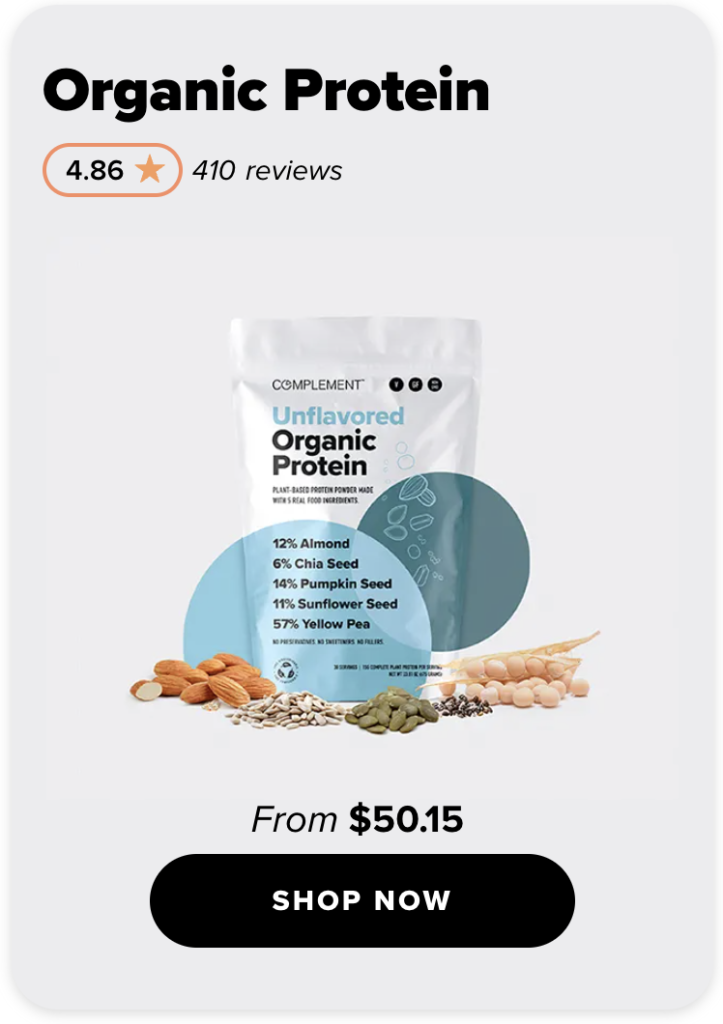Many studies have shown that a diet rich in whole, plant-based foods can provide numerous health benefits, including reduced risk of chronic diseases and improved longevity. However, not all plant-based diets are created equal. In order to maximize the potential health benefits and achieve longevity, it is important to understand the key principles of a nutrient-dense, plant-based diet.
What is a Plant-Based Diet?
A plant-based diet is a type of diet that focuses on whole, unprocessed foods that come from plants. This includes fruits, vegetables, whole grains, legumes, nuts, and seeds. While some plant-based diets may include small amounts of animal products, such as dairy or eggs, the majority of the diet is made up of plant-based foods.
Why is a Plant-Based Diet Good for Longevity?
There are several reasons why a plant-based diet can promote longevity. First, plant-based diets are typically rich in antioxidants, which help protect against cellular damage and reduce the risk of chronic diseases such as heart disease, cancer, and type 2 diabetes (1). Second, plant-based diets are typically low in unhealthy fats and high in fiber, both of which have been shown to improve heart health and reduce the risk of chronic diseases (2). Finally, plant-based diets are often rich in phytochemicals, which are compounds found in plants that have been shown to have numerous health benefits, including reducing inflammation and improving overall health (3).
Key Principles of a Nutrient-Dense, Plant-Based Diet
In order to optimize your plant-based diet for longevity, it is important to follow several key principles:
- Eat a Variety of Whole, Plant-Based Foods
One of the most important principles of a nutrient-dense, plant-based diet is to eat a variety of whole, plant-based foods. This includes a variety of fruits, vegetables, whole grains, legumes, nuts, and seeds. Eating a variety of plant-based foods helps ensure that you are getting a wide range of nutrients, including vitamins, minerals, antioxidants, and phytochemicals.
- Limit Processed Foods
Processed foods, such as chips, candy, and other snacks, are often high in unhealthy fats and added sugars, and can contribute to weight gain and other health problems. Instead, focus on eating whole, unprocessed foods, such as fruits, vegetables, and whole grains.
- Include Healthy Fats
In addition to limiting processed foods, it is also important to include healthy fats in your diet. Healthy fats, such as those found in nuts, seeds, and avocado, can help improve heart health and reduce the risk of chronic diseases (4).
- Get Enough Protein
Protein is an essential nutrient that is important for building and repairing tissues, as well as producing enzymes and hormones. While it is possible to get enough protein on a plant-based diet, it is important to include a variety of protein-rich foods, such as legumes, nuts, and seeds.
- Limit Sodium
Sodium is an important nutrient, but it is also easy to consume too much. High sodium intake has been linked to an increased risk of high blood pressure, heart disease, and stroke (5). To limit your sodium intake, try to limit processed foods, and opt for fresh, whole foods instead.
Tips for Making a Plant-Based Diet Work for You
Here are some tips to help you get started with a plant-based diet, and make it work for you:
- Plan Your Meals
Planning your meals in advance can help you ensure that you are eating a variety of whole, plant-based foods, and limiting processed foods. Make a grocery list each week, and try to include a variety of fruits, vegetables, whole grains, legumes, nuts, and seeds.
- Experiment with New Recipes
Eating a plant-based diet can be enjoyable and delicious, but it can also be easy to get into a rut. To keep things interesting, try experimenting with new recipes that feature a variety of whole, plant-based foods. There are many great cookbooks and websites dedicated to plant-based diets, so you are sure to find something that you love.
- Make Small Changes
If you are just starting a plant-based diet, it can be helpful to make small changes at first, rather than trying to change everything at once. Start by adding more fruits and vegetables to your diet, and gradually reduce your intake of animal products and processed foods.
- Get Support
Finally, it is important to get support when making a change to your diet. Consider joining a support group, either in person or online, to connect with others who are also following a plant-based diet. You can also seek the advice of a registered dietitian, who can help you design a nutrient-dense, plant-based diet that works for you.
Conclusion
In conclusion, a plant-based diet can be a healthy and enjoyable way to promote longevity. By following the key principles of a nutrient-dense, plant-based diet, and making a few small changes to your diet, you can ensure that you are getting all of the nutrients you need, while reducing your risk of chronic diseases and improving your overall health.
References
- Liu, R.H. (2004). Potential Synergistic Effects of Phytochemicals. Journal of Nutrition, 134(12), 3479S-3485S.
- Esposito, K., et al. (2004). The Effects of a Mediterranean-Style Diet on the Need for Antihyperglycemic Drug Therapy in Patients With Newly Diagnosed Type 2 Diabetes. Annals of Internal Medicine, 140(6), 333-339.
- Singh, P.N., et al. (2003). Does Low Meat Consumption Increase Life Expectancy in Humans? American Journal of Clinical Nutrition, 78(3), 526S-532S.
- Fraser, G.E. (1999). Associations Between Diet and Cancer, Ischemic Heart Disease, and All-Cause Mortality in Non-Hispanic White California Seventh-Day Adventists. American Journal of Clinical Nutrition, 70(3), 532S-538S.
- He, F.J., et al. (2004). Increased Salt Intake is Associated With Increased Mortality. Hypertension, 43(6), 1019-1024.
- Some research for this article compiled with the assistance of ChatGPT/OpenAI
- Learn more about VeganWire here.







